#ImprovingLives
Giving back to local communities has been a commitment of Davis & Shirtliff since its founding in 1946...
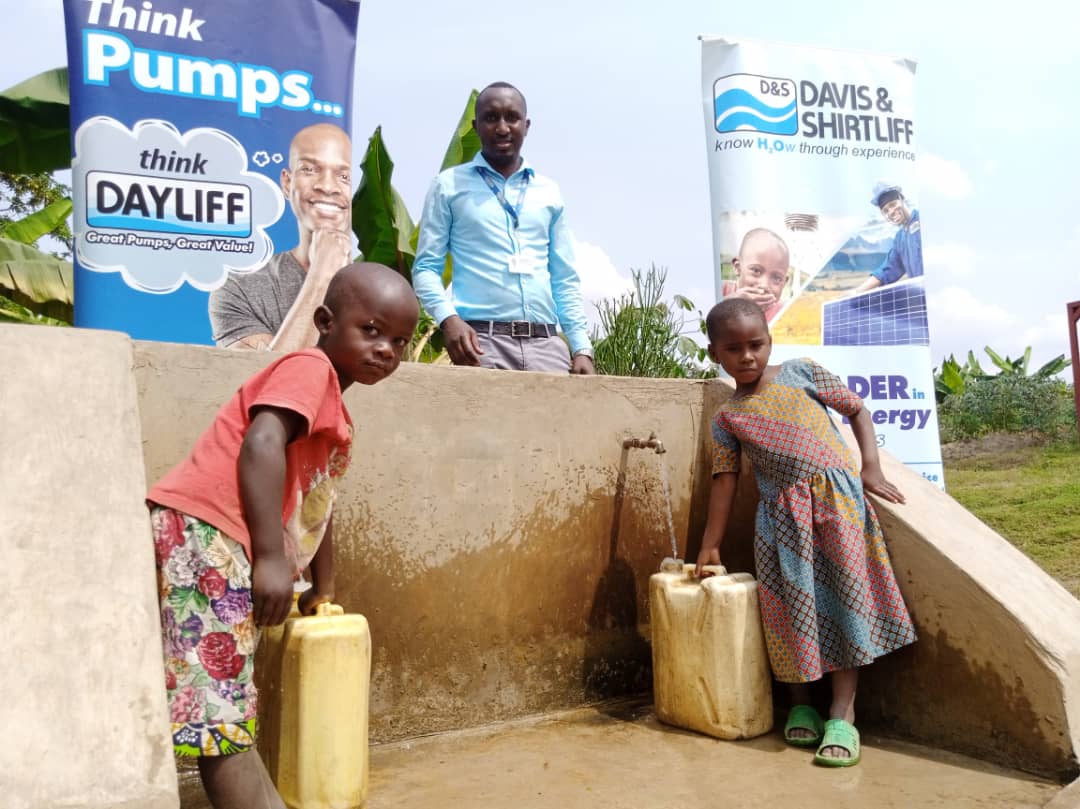
Rwanda has fertile soils, and a precipitous, humid climate, making it an ideal location for farming activities. Despite this fact, the eastern and southern provinces are heavily affected by extensive dry periods.
- Details
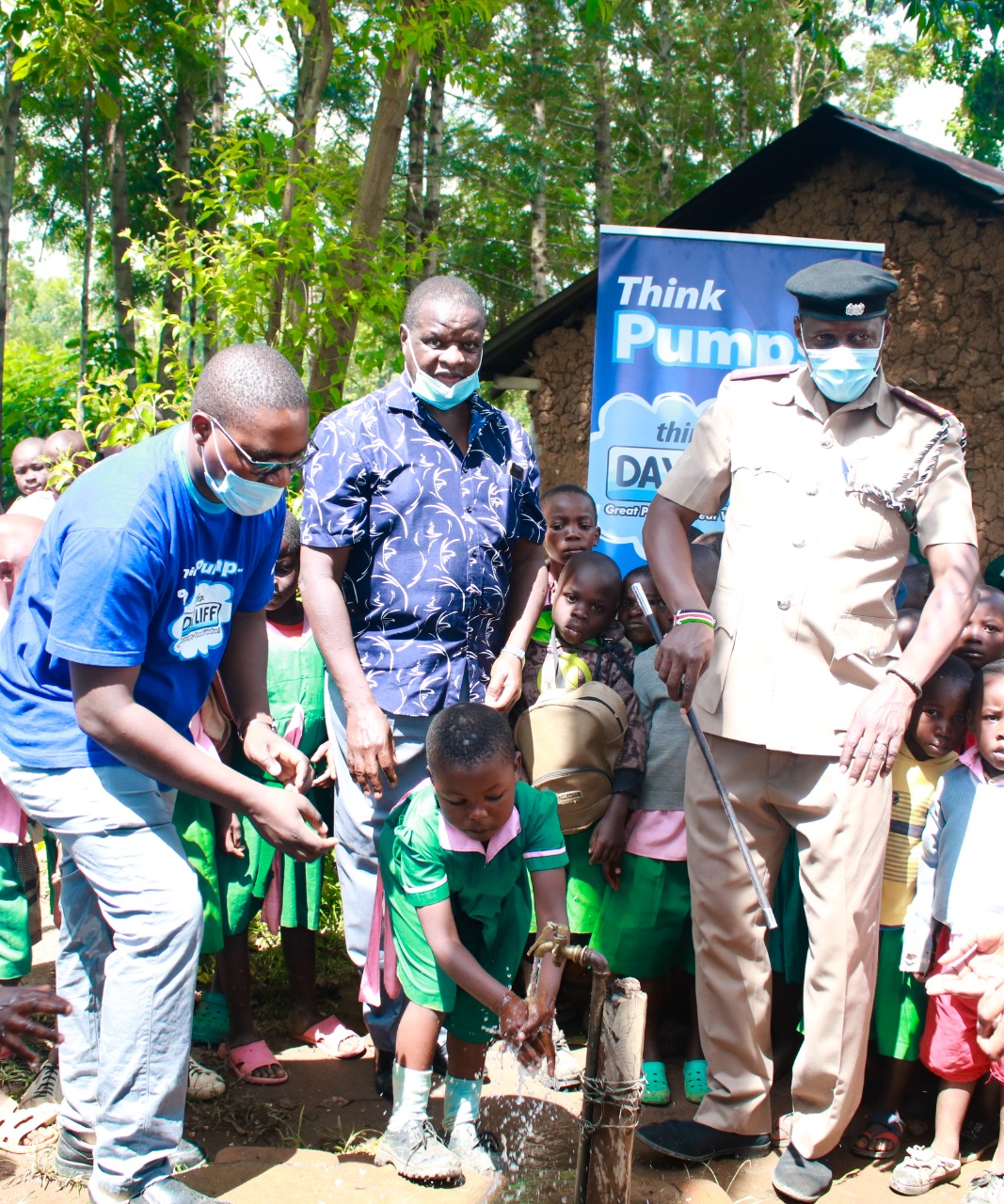
For Sam Anyembe, D&S Head Office staffer, some of his fondest memories of home were when his mother would send him to the stream about 300m away to fetch water in two 100 liter drums. It was all fun and games for him and his siblings but as they grew older, the realization that they lacked access to a convenient and clean source of water sunk in.
- Details
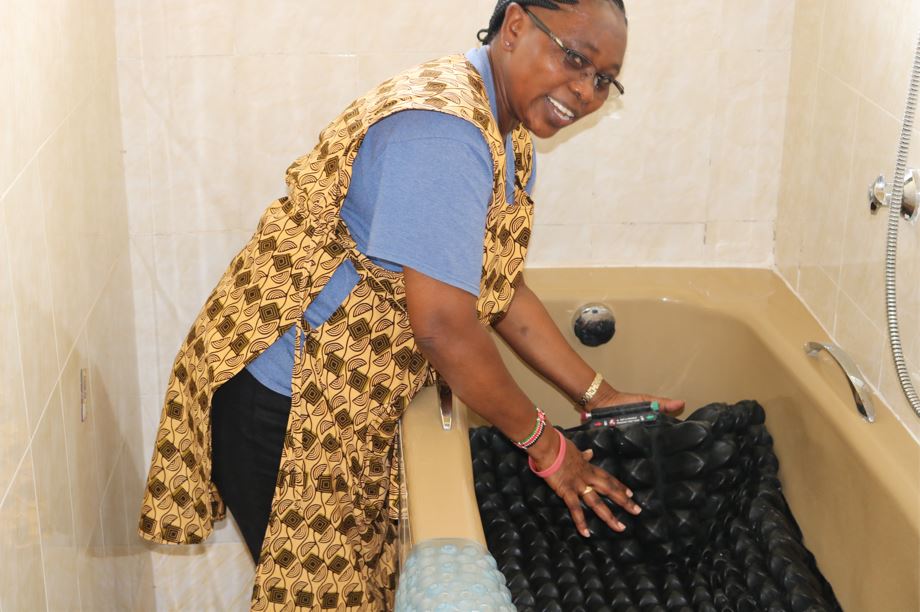
The children at Engedi Childrens Home, Kitengela are a cheerful bunch. Their faces beam with such bright smiles for their caregivers, it is obvious that they are overflowing with love. Nothing about their demeanor portrays the tough deck of cards that life has dealt them.
- Details
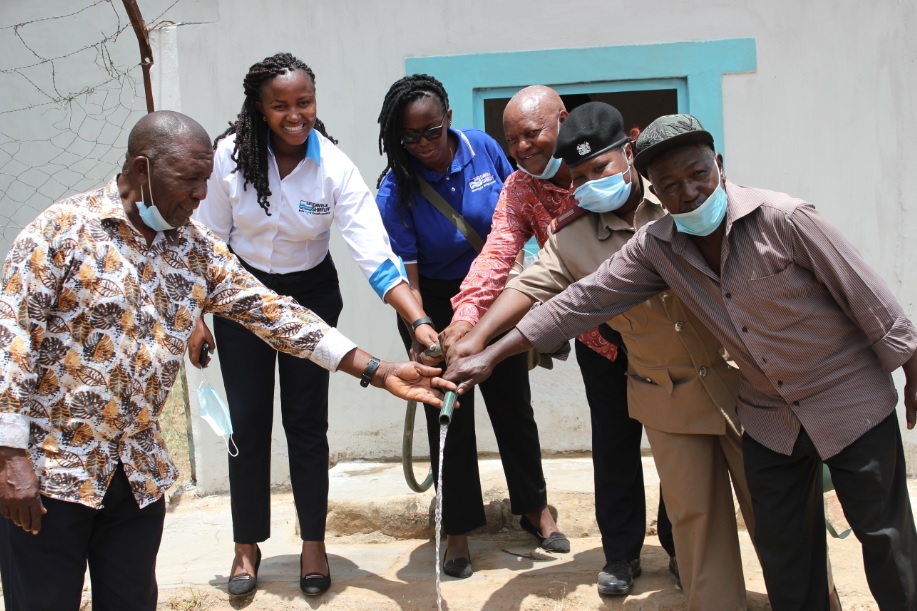
There are 262 water projects in Kenya, 70% of which are initiated by local communities. Run by ‘water committees’ that comprise of community members, they supply rural Kenya with most of its water. Despite their great success in increasing water access, community water projects often struggle to be self-sustainable.
- Details
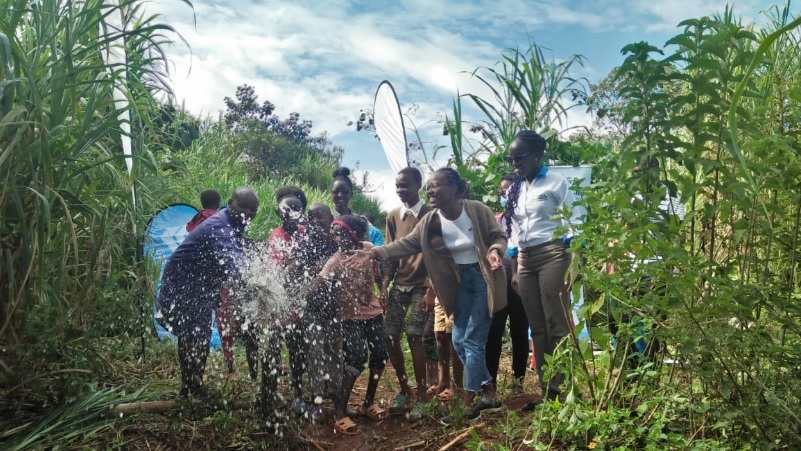
Thunguma Children &Youth Empowerment Centre is an institution located in Thunguma area, 6km from Nyeri town. It was established in October the year 2006 by the Nyeri local government (Nyeri municipal council) in partnership with churches & NGO to aid in rehabilitation and empowerment of the street children and youth in the region.
- Details

Gatanga, in Murang’a County, is one of Kenya’s more picturesque locations. It is home to the Ndakaine Dam, which supplies water to most of Nairobi, and also home to the organization that conserves the dam, Ndakaine Dam Conservation Association (NDEKA).
- Details


